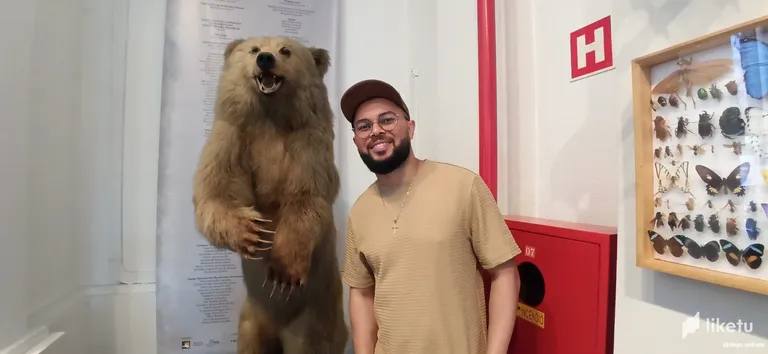
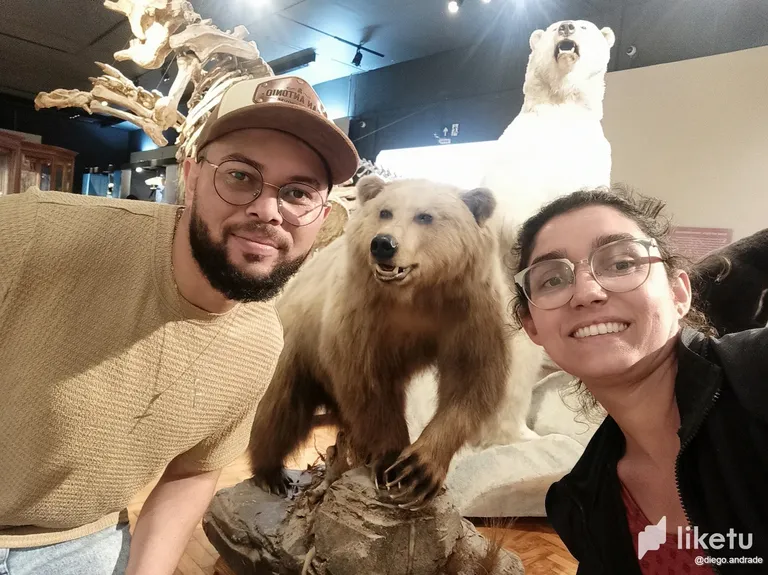
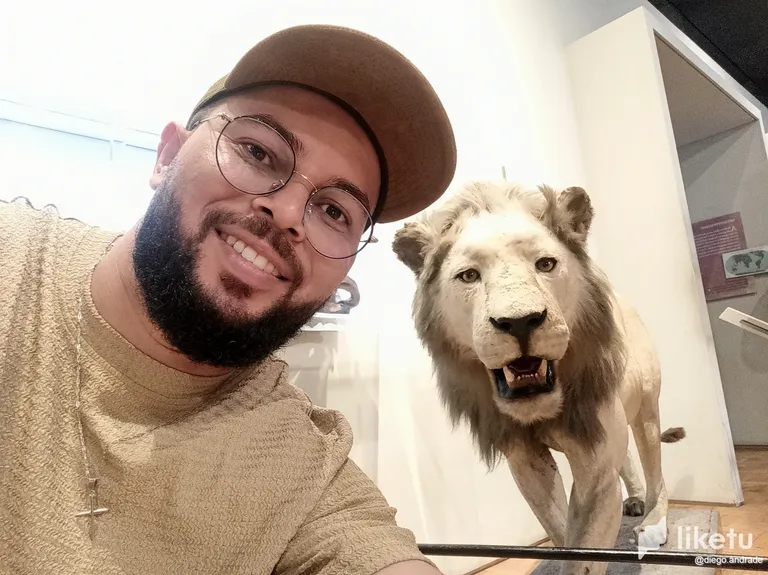
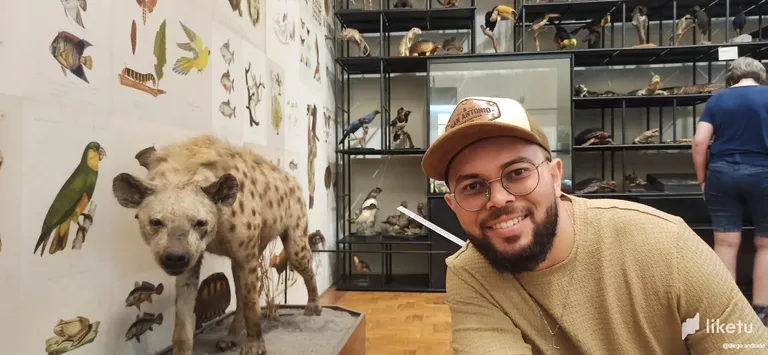
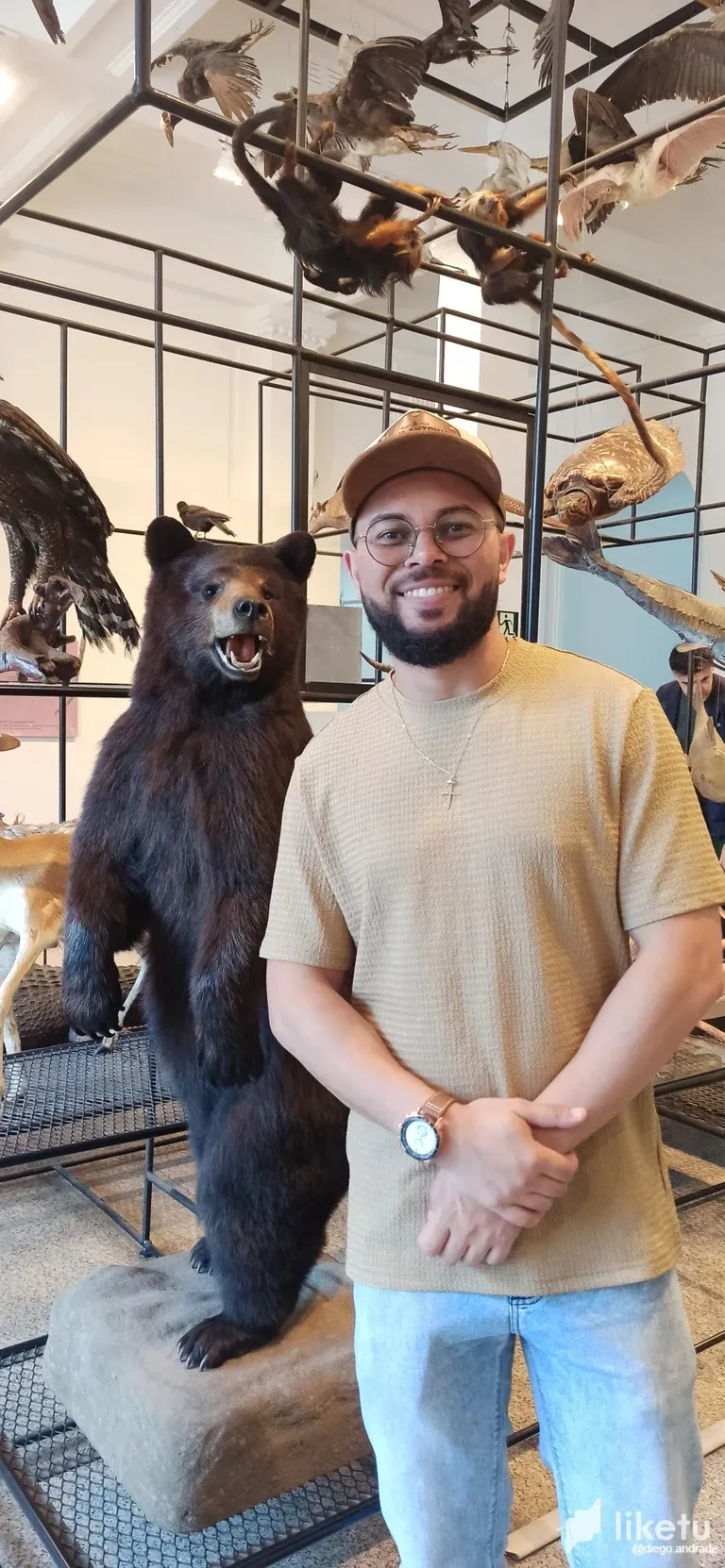
[EN]
Museum with varieties of species that impressed me, I had never seen so much at the same time. Bears, hyenas lions among other animals that would hardly be seen elsewhere.
The polar bear is originally from the Arctic, it has become a symbol of climate change caused by human action on the planet, the polar bear can be easily recognized by the color of the coat, which can vary from white to cream. It is the largest of the current bear species.
The grizzly bear originated in North America, Eurasia, and is an omnivorous species. The size of the individuals varies greatly between populations distributed throughout the globe, the hue varies according to the region ranging from brown to beige.
The American black bear is also an omnivorous species that feeds on a wide variety of small animals, fruits and seeds, it is the least threatened bear species.
The spotted hyena has its origin on the African continent and has been distributed in Europe and almost all of Asia. They are carnivorous animals that compete even with lions.
The lions during the Quaternary period occupied virtually all continents, were the large terrestrial mammals of greater distribution across the planet, surpassed even by humans.
Currently they are found in sparse regions of the African continent, in addition to a small population that inhabits the Gir National Park in India.
For the best experience view this post on Liketu

